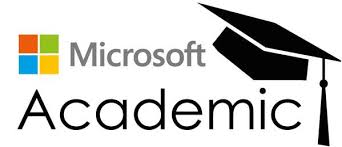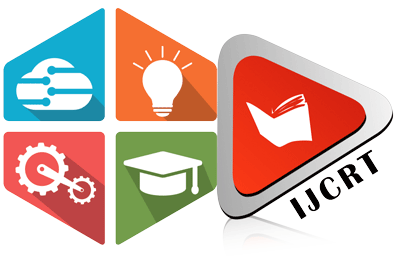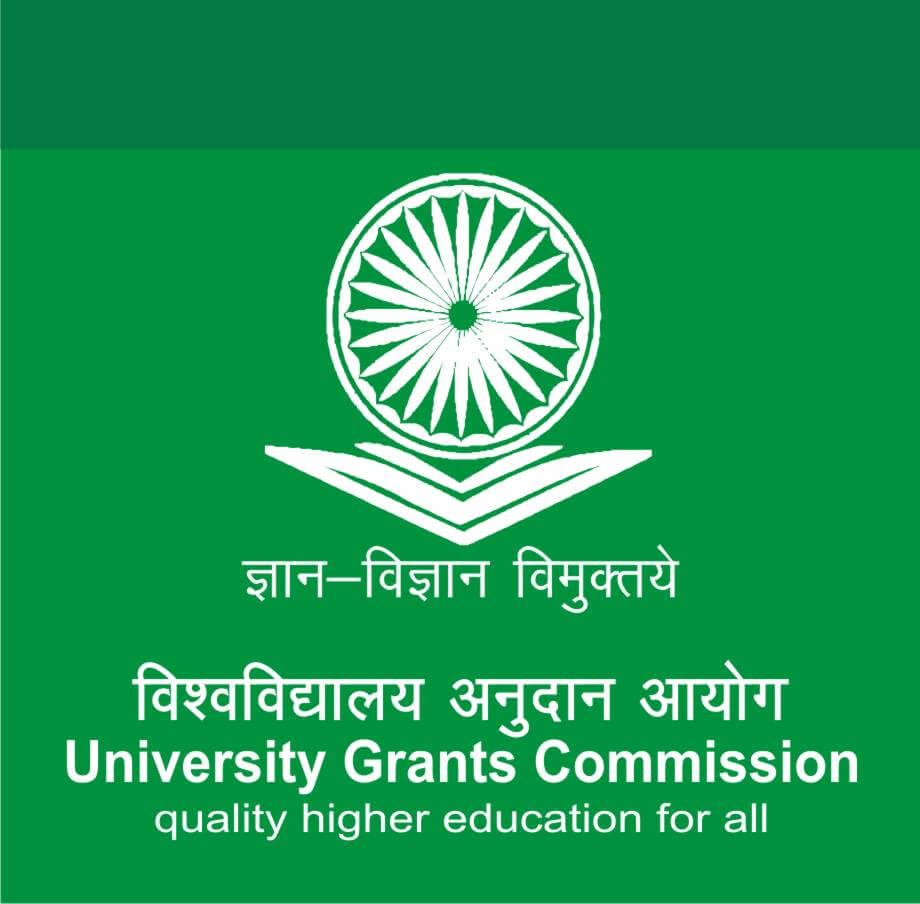INTERNATIONAL JOURNAL OF CREATIVE RESEARCH THOUGHTS - IJCRT (IJCRT.ORG)
International Peer Reviewed & Refereed Journals, Open Access Journal
IJCRT Peer-Reviewed (Refereed) Journal as Per New UGC Rules.
ISSN Approved Journal No: 2320-2882 | Impact factor: 7.97 | ESTD Year: 2013
Call For Paper - Volume 13 | Issue 11 | Month- November 2025
Scholarly open access journals, Peer-reviewed, and Refereed Journals, Impact factor 7.97 (Calculate by google scholar and Semantic Scholar | AI-Powered Research Tool) , Multidisciplinary, Monthly, Indexing in all major database & Metadata, Citation Generator, Digital Object Identifier(CrossRef DOI)
Contact Us Click Here
WhatsApp Contact Click Here
Published Paper Details:
Paper Title
INDIAN KNOWLEDGE TRADITION SYSTEM : A BRIEF STUDY
Authors
Dr. Shamsher Singh kaka, Snehlata Rawat, Satveer Singh Kaka, Tanvindar Kaur Kaka
Keywords
Ancient Indian Education System, Buddhist Indian Education System, Islamic Indian Education System, British Indian Education System, Modern Education System.
Abstract
The Indian Knowledge tradition system in Ancient Indian Education System (AIES) has based on Lifelong Holistic, learning in Gurukul or Ashram as a Guru- Shishya Parampara 4 Ashram, 4 Vedas, 6 Shatra, 18 Puran, 60 Nitiya, 108 Upanishad, 64 Kala, 14 Vidyas practices in Sanskrit Languages that emphasize self-realization, critical thinking, yoga, meditation, vastu shatra Ayurveda emotional, mental, spiritual development, jyotish & astronomy, and holistices practices storytelling, dialogue & discussion, experiential learning, mentorship, reflective practices.
The Buddhist Indian Education System (BIES) has based on an aimed at purity of character, practical activities, learning in Vihars / Matth or monasteries, Monk- Sawan , relation, 12 years Pabbajja & 10 years Upasampada in mother tongue Pali & Prakrit, action physical, intellectual, meditation, moral & social actions have been deemed necessary for salvation. Not to do any evil, to cultivate good to, purify one's heart. Key pillars of teaching highly loving kindness, humanity patience and giving, perhaps they value wisdom and compassion most of all.
The Islamic Indian Education System (IIES) of cultivating the notion of universal justice through actions such as communal engagement, public deliberation & just striving with the socialization, individuation and good action as complementary approaches to education. Medvial Education learning in Maktabs, Madarasas, Khanghas, Dargahs & Karkhanas in Arabic & Quran tafsir (Quranic exegesis) & figh (Islamic Jurisprudence), which was seen as particularly important.
The British Indian Education System (BIES) or Modern Education System Pre-Independence & Post-Independence having aim ethical, moral, practical knowledge, community based, practical skill based, preserved cultural heritage virtual digital literacy based. The British Indian Pre-Independence Education System origin Colonial Education, British influence Charter Act, Macaulay, Wood Dispatch, Hunter Commission, Govt. of India Act & Post-Independence System Radhakrishan Commission, Mudaliar, Kothari, NEP 1968, 1986 &1992, Education Reforms in Liberalization era 1991-2019, Right to Education Act 2009, Growth of Higher Education Institutions, Digital Education Initiatives 2010 -2019, National Education Policy 2020 and beyond, provide Tri- Linguistics, Multidisciplinary, Skill based more Autonomy Universities, New Structure 5+3+3+4, on Formal, Informal, Non-Formal, Vocational, Digital Education, STEM.
The Indian Education System in India have significant role in shaping individuals and society to focused on moral value, discipline, skill based technology, career oriented knowledge and global competitiveness, a balanced approach integrating ethical values with modern advancements can be leads to a holistic and inclusive education.
IJCRT's Publication Details
Unique Identification Number - IJCRT2507094
Paper ID - 290510
Page Number(s) - a883-a896
Pubished in - Volume 13 | Issue 7 | July 2025
DOI (Digital Object Identifier) -
Publisher Name - IJCRT | www.ijcrt.org | ISSN : 2320-2882
E-ISSN Number - 2320-2882
Cite this article
Dr. Shamsher Singh kaka, Snehlata Rawat, Satveer Singh Kaka, Tanvindar Kaur Kaka, "INDIAN KNOWLEDGE TRADITION SYSTEM : A BRIEF STUDY", International Journal of Creative Research Thoughts (IJCRT), ISSN:2320-2882, Volume.13, Issue 7, pp.a883-a896, July 2025, Available at :http://www.ijcrt.org/papers/IJCRT2507094.pdf
Article Preview
Indexing Partners
Call For Paper November 2025
Call For Papers
November 2025
Volume 13 | Issue 11
Last Date :
30-Nov-2025
Submit Manuscript Online Impact Factor: 7.97 Review Results : Within 02-03 Days Paper Publication : Within 02-03 Days
November 2025
Volume 13 | Issue 11
Last Date :
30-Nov-2025
Submit Manuscript Online Impact Factor: 7.97 Review Results : Within 02-03 Days Paper Publication : Within 02-03 Days
Published Issue Details
For Authors
Forms / Downloads
Other IMP Links
Indexing Partner
Research Area
LICENSE
ISSN and 7.97 Impact Factor Details

ISSN: 2320-2882 Impact Factor: 7.97 and ISSN APPROVED Journal Starting Year (ESTD) : 2013
ISSN and 7.97 Impact Factor Details

ISSN: 2320-2882 Impact Factor: 7.97 and ISSN APPROVED Journal Starting Year (ESTD) : 2013
DOI Details
CONFERENCE
CONFERENCE MANAGMENT & PUBLICATION CONFERENCE PROPOSAL
RECENT CONFERENCE

CONFERENCE PROPOSAL CONFERENCE PROCEEDINGS

CONFERENCE PROPOSAL CONFERENCE PROCEEDINGS
For Reviewer /Referral (RMS) Earn 500 per paper
Important Links
NEWS & Conference
Digital Library
IJCRT RMS | Earn 500 Per Paper.
LICENSE
Indexing Partner






































































